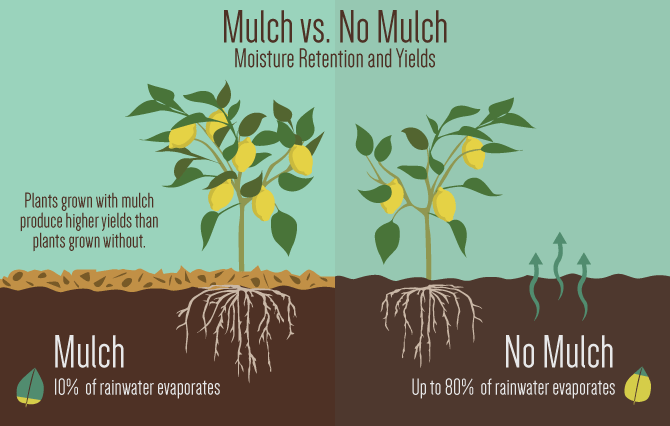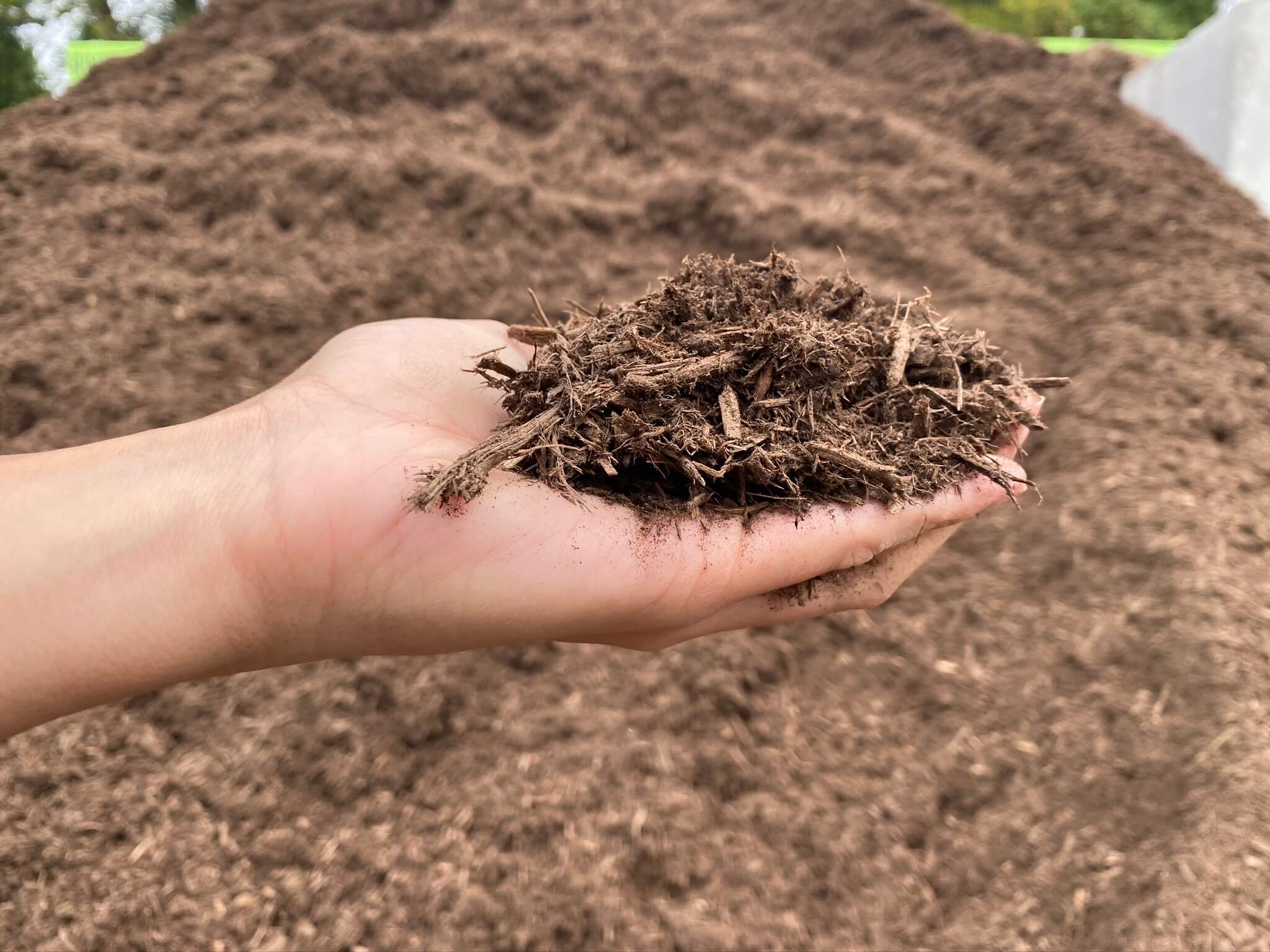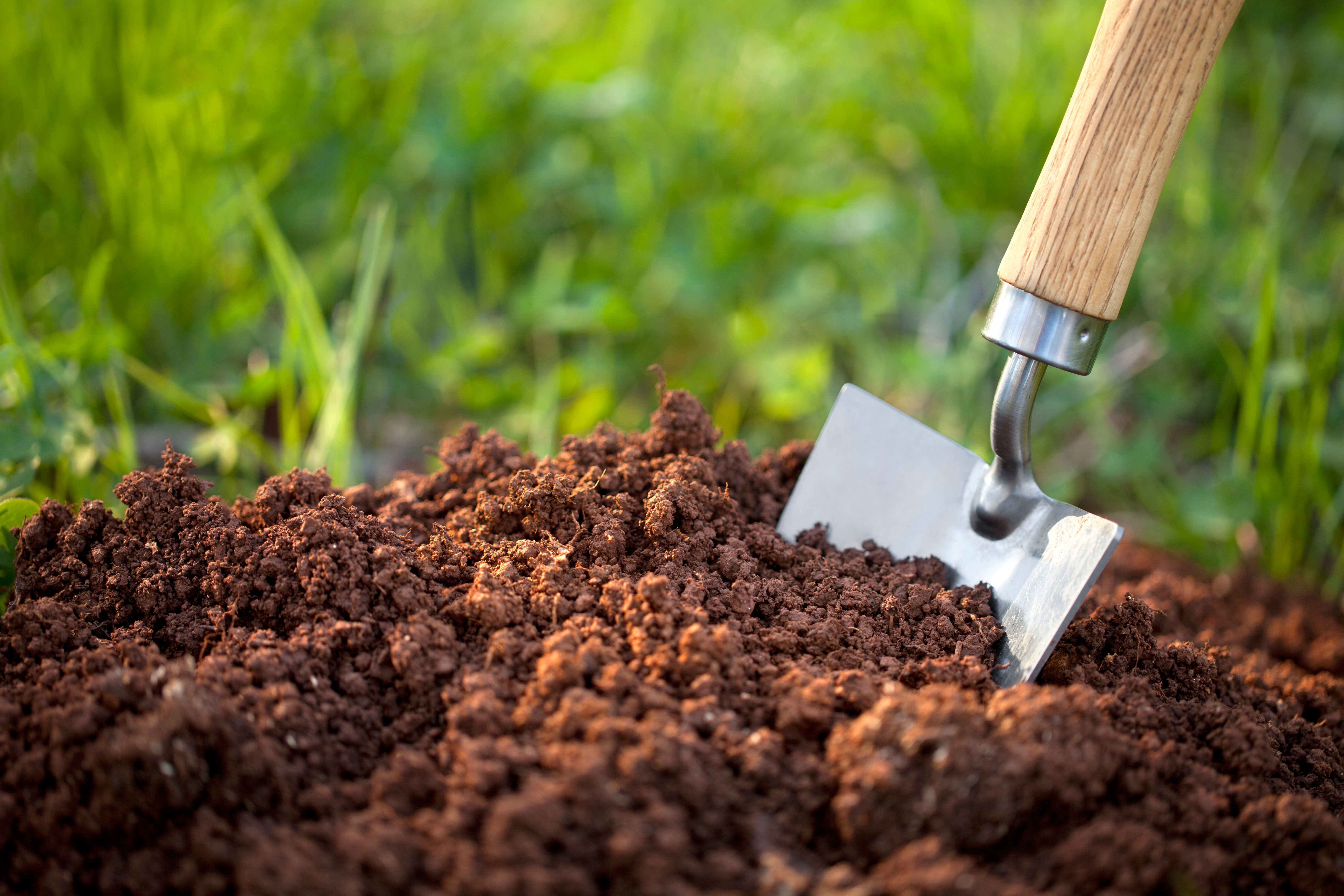Unlock Mulch Benefits for Your Garden

Have you ever wondered why some gardens thrive effortlessly, while others struggle? The secret might be hidden beneath the surface—quite literally. Mulch, the unsung hero of the gardening world, could be the game-changer your garden needs. Let's dive into the benefits of using mulch in the garden and discover how this simple addition can transform your green space into a flourishing oasis.
The Magic of Mulch: An Overview
Mulch is more than just a decorative layer on top of your garden soil. It's a protective barrier that nurtures your plants, controls weeds, and maintains optimal moisture levels. Whether you opt for organic mulch like wood chips, straw, or pine needles, or inorganic options like gravel or landscape fabric, the benefits are undeniable.
Organic Mulch: Nature's Gift to Your Garden
Organic mulch is the gold standard for gardeners seeking a natural, eco-friendly solution. Made from decomposable materials, organic mulch not only enhances the aesthetic appeal of your garden but also enriches the soil as it breaks down. This slow release of nutrients promotes healthy plant growth and improves soil structure.

The Science Behind Mulch: How It Works
Mulch acts as a natural insulator, regulating soil temperature and protecting plant roots from extreme heat or cold. It also helps retain moisture, reducing the need for frequent watering. By creating a physical barrier, mulch effectively suppresses weed growth, minimizing competition for nutrients and water.
The Multifaceted Benefits of Mulch
Enhanced Soil Health
Organic mulch adds vital nutrients to the soil as it decomposes. This process improves soil fertility and structure, creating an ideal environment for plant growth. Think of it as a slow-release fertilizer that continuously feeds your garden.
Superior Weed Control
Weeds are a gardener's nemesis, stealing valuable resources from your plants. Mulch acts as a natural weed barrier, blocking sunlight and preventing weed seeds from germinating. This means less time spent weeding and more time enjoying your garden.
Optimal Moisture Levels
Mulch helps retain moisture in the soil, reducing the frequency of watering. This is particularly beneficial during hot, dry summers. By maintaining consistent moisture levels, mulch ensures your plants stay hydrated and healthy.
Temperature Regulation
Mulch acts as an insulator, protecting plant roots from temperature extremes. In summer, it keeps the soil cooler, and in winter, it retains warmth. This consistent temperature helps plants thrive year-round.
Aesthetic Appeal
A well-mulched garden looks neat and tidy. Mulch can add a finishing touch to your landscape, enhancing its visual appeal. Whether you choose a natural look with wood chips or a modern feel with gravel, mulch can elevate the aesthetics of your garden.
Choosing the Right Mulch for Your Garden
Organic Mulch Options
- Wood Chips: Ideal for trees and shrubs, wood chips decompose slowly, providing long-term benefits.
- Straw: Great for vegetable gardens, straw decomposes quickly and adds nutrients to the soil.
- Pine Needles: Perfect for acid-loving plants like azaleas and rhododendrons, pine needles lower soil pH.
Inorganic Mulch Options
- Gravel: Provides excellent drainage and is ideal for rock gardens and succulents.
- Landscape Fabric: Effective for weed control but does not improve soil health.
Applying Mulch: Best Practices
Timing and Technique
The best time to apply mulch is in early spring or late fall. Aim for a layer about 2-3 inches deep, ensuring it doesn't touch the plant stems directly. This prevents rot and pest issues.
Maintenance Tips
Regularly check your mulch layer and replenish as needed. Organic mulch will decompose over time, so annual top-ups are essential. Keep an eye out for any signs of pests or disease and address them promptly.

Conclusion: Embrace the Power of Mulch
Mulch is a gardener's best friend, offering a myriad of benefits from improved soil health to superior weed control. By incorporating mulch into your gardening routine, you can create a thriving, low-maintenance garden that's both beautiful and productive. So, why wait? Unlock the benefits of mulch today and watch your garden flourish.
FAQs
-
What is the best type of mulch for vegetable gardens?
- Straw or shredded leaves are excellent choices for vegetable gardens. They decompose quickly, adding nutrients to the soil and improving its structure.
-
How often should I replace my mulch?
- Organic mulch should be replenished annually, as it decomposes over time. Inorganic mulch, like gravel, may last several years without needing replacement.
-
Can mulch attract pests?
- While mulch can provide habitat for beneficial insects, it can also attract pests if not managed properly. Regularly check your mulch for signs of pests and address any issues promptly.
-
Is it safe to use dyed mulch?
- Dyed mulch is generally safe, but it's important to choose products from reputable sources. Some dyes may contain harmful chemicals, so opt for natural or eco-friendly options when possible.
-
Can mulch be used in container gardening?
- Yes, mulch can be beneficial in container gardening. It helps retain moisture, suppresses weeds, and adds a decorative touch to your pots and planters.
0 Response to "Unlock Mulch Benefits for Your Garden"
Post a Comment